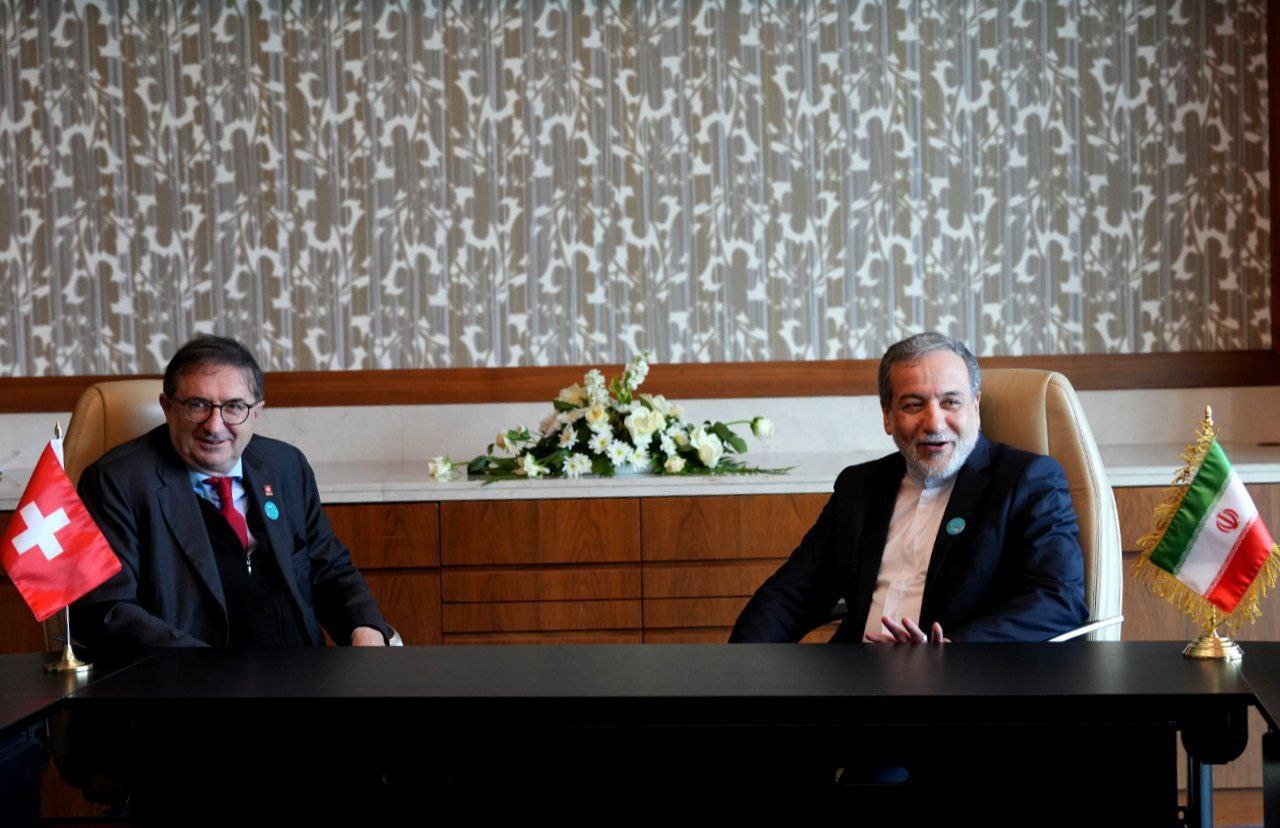BAKU, Azerbaijan, February 18. Iran is ready to continue the 4th round of dialogue on the nuclear issue with three European countries (the UK, France, and Germany), Iran's Foreign Minister Sayyid Abbas Araghchi said in a meeting with Wolfgang Amadeus Bruhlhart, Switzerland's special representative for the Middle East and North Africa, in Muscat, Trend reports.
According to him, so far three rounds of dialogue have been held at the level of deputy foreign ministers of Iran and three European countries.
Araghchi also mentioned that Iran is convinced the maximum pressure put forth by the US will fall flat, and Iran won't play ball when it comes to conversing in the language of pressure and threats.
Welcoming the efforts of Switzerland as the protector of US interests in Iran, the Iranian minister added that Switzerland's constructive role in helping to strengthen peace and stability in the region is important.
At the meeting, Bruhlhart also pointed out that it is important to continue dialogues with Iran in various fields, including bilateral and regional fields, and Switzerland is interested in continuing bilateral dialogue.
To note, on November 29, 2024, the first round of dialogue between the deputy foreign ministers of Iran and three European countries (UK, France, and Germany) was held in Geneva. The second round of this dialogue was continued on January 13-14 in Geneva, where negotiations were held mainly on Iran's nuclear program.
The Comprehensive Plan of Joint Action on Iran's nuclear program was implemented between Iran and the P5+1 group (the United States, Russia, China, the United Kingdom, France, and Germany) in January 2016. The US announced in May 2018 that it was withdrawing from the plan and imposed sanctions on Iran in November of the same year. Iran has announced that there will be no restrictions on the Iran nuclear deal in 2020.
The Iranian parliament established a strategic strategy to oppose the sanctions in late 2020, citing the failure to meet the Joint Comprehensive Strategy of Action (JCPOA) signed by Iran and six other nations, as well as the imposition of sanctions against Iran.
According to the Iranian parliament's vote, Iran halted implementing extra safeguards and protocols specified in the nuclear deal on February 23. As a result, the International Atomic Energy Agency's monitoring system was cut by 20–30 percent.
Iran has officially affirmed that its strategy is not to pursue the development of an atomic bomb and that it does not support the production of weapons of mass destruction.
Stay up-to-date with more news on Trend News Agency's WhatsApp channel







